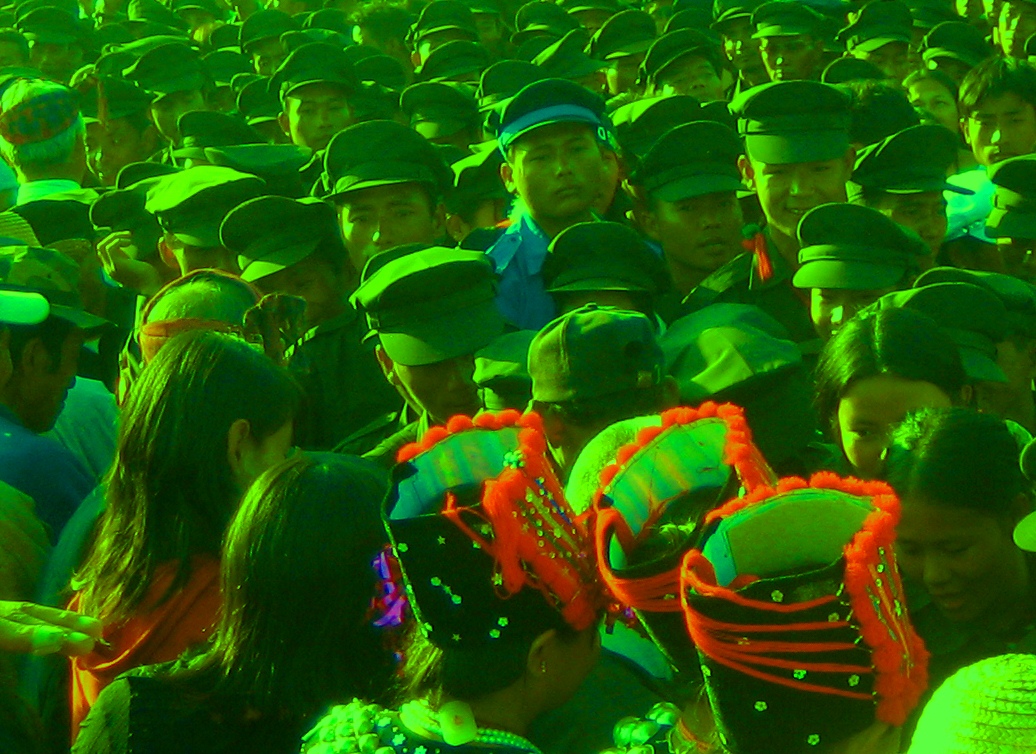Over at The Irrawaddy Violet Cho has weighed into the debate on violence in western Myanmar with a thoughtful contribution. She questions prevailing assumptions about race and ethnicity in the Myanmar context. In doing so she opens up a range of other — potentially far more fruitful — areas for analysis and discussion. This strikes me as a very worthwhile undertaking at such a contested and uncertain time.
Highlighting issues that have tended to receive insufficient attention, Cho writes:
Western Burma is one of the poorest regions of the country. The significant investment that exists is primarily in resources, which hardly benefits local people. Poverty and state repression leads to intense frustration that does not have an easy outlet and can be seen as a common root cause of communal violence around the world.
And she goes on to argue that:
Class and the experience of state repression also form a key commonality amongst those involved in the violence, both perpetrators and victims. In everyday life, people involved in the violence arguably have a lot more in common with each other than rich, urban-based members of their respective ethnic groups and/or religions that they may identify with. This is often drowned out by nationalist talk, fear and hatred. We should be looking at these and other commonalities rather than emphasizing difference and division.
I can’t imagine that those who have been so quick to trade spiteful jabs in recent days, here on New Mandala and elsewhere, will pay much attention to Cho’s commentary. But I expect that one day soon a more considered conversation about ethnicity in Myanmar will need to emerge. The past six decades provide ample evidence that knitting together the country’s fraying ethnic fabric requires more than stale rhetoric about unity and non-disintegration.
In such a conversation, time will likely be of the essence. In the immediate aftermath of the conflict in Rakhine State it would make sense for Myanmar’s leaders to start inter-ethnic discussions afresh, perhaps with some of Cho’s ideas ringing in their ears. This could be an opportunity to do things differently. What some people fear is that without prompt attention the country may, sadly, face a future where inter-communal strife, of one sort or another, continues to define the political landscape.
That outcome would indicate a failure of leadership which, given everything that is at stake in the current transitional process, Myanmar can’t afford.
 Facebook
Facebook  Twitter
Twitter  Soundcloud
Soundcloud  Youtube
Youtube  Rss
Rss 